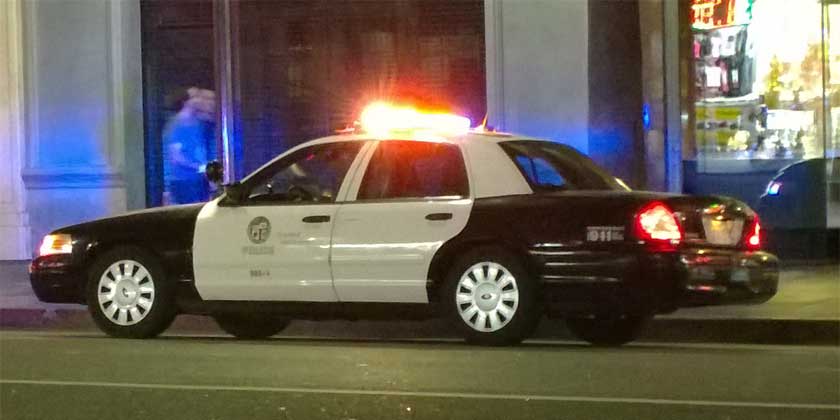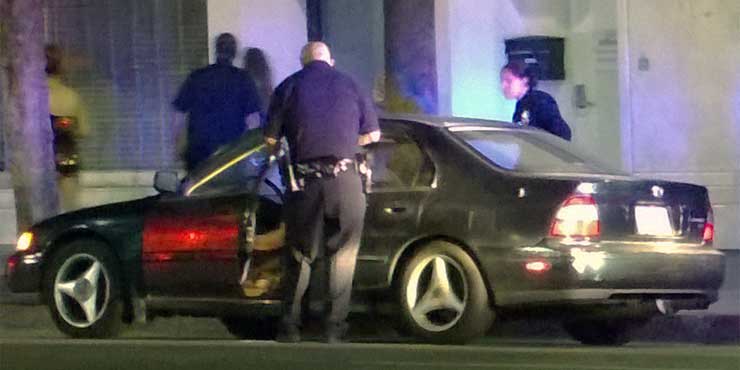New Law 2024
Starting January 1, 2024, when a police officer stops you while driving or walking, they must tell you why they stopped you before asking any questions about a crime or traffic violation. California Vehicle Code 2806.5.
If the officer believes that telling you the reason might endanger life or property, they don’t have to explain it immediately. The officer should write down the reason for the stop on the ticket or in their report.
Your Rights During the Enforcement Stop
If an officer asks for your permission to do something, you have the right to say no. However, if you say no and the officer still decides to do it, you can’t interfere with their actions. For example, they might ask to search your vehicle. You have the right to say no, but they might still be allowed to search your car legally in certain situations.
If you don’t want an officer to search, you should clearly say that you don’t give your permission, but you can’t resist or stop them from searching if they do it anyway.
Documents You Must Show During a Stop
During the enforcement stop, the driver must show their driver’s license, proof of insurance, and vehicle registration. If the driver doesn’t have these documents, the officers may search for them, but only to a limited extent.
The officer may also ask the passengers for their names or identification. Passengers can say no to this request, but they may still have to provide their identification in some cases.
If passengers want to keep their ID private, they should clearly say so.
Passengers must not interfere with the officer’s duties during the traffic stop.

Must I Step Out of the Car?
During a traffic stop, the officer can legally ask the driver and all passengers to either get out of the vehicle or stay inside, and you must follow their instructions.
Immigration Status
In California, only federal law enforcement officers can ask about your immigration status. State and local officers in California are not allowed to ask drivers or passengers about their immigration status. If a California officer asks about your immigration status, you can choose not to answer.
Check What You Have Learned
Things to Remember During an Enforcement Stop
- If a law enforcement vehicle approaches from behind, turn on your right turn signal to acknowledge that you see the officer.
- Your next step is to drive to the right shoulder and stop, even if in the carpool/HOV lane.
- Stop in a well-lit area when possible.
- Turn off your radio or music player.
- Roll down your window after stopping your vehicle and before the officer contacts you.
- Remain inside your vehicle. Only open your door and get out if directed by the officer.
- You and all passengers should place their hands in clear view.
- Stay calm.
Practice for Your Driver’s License Test
Prepare for your California driver’s license test: Practice Test 1.

